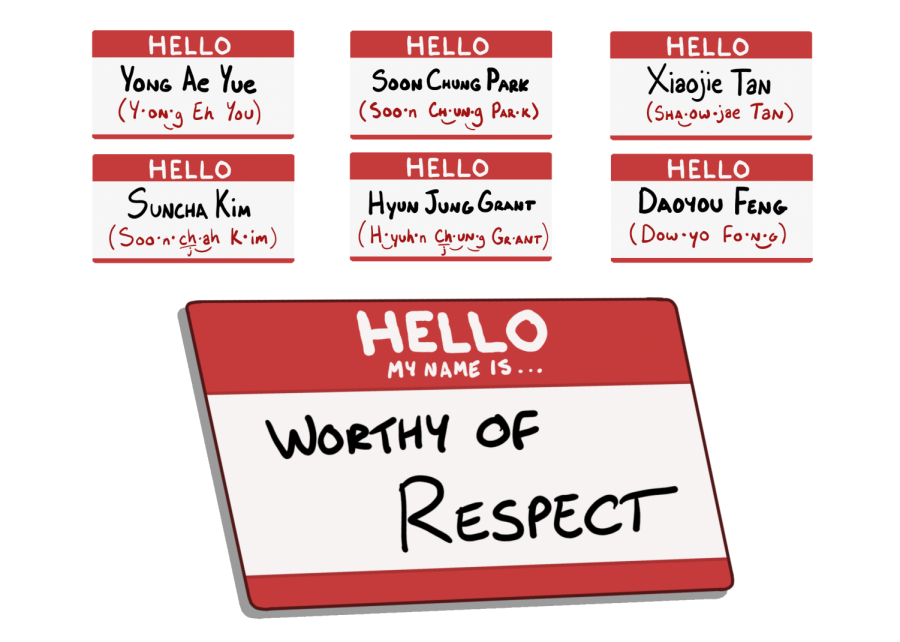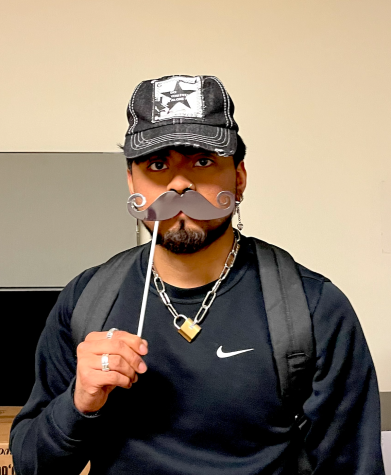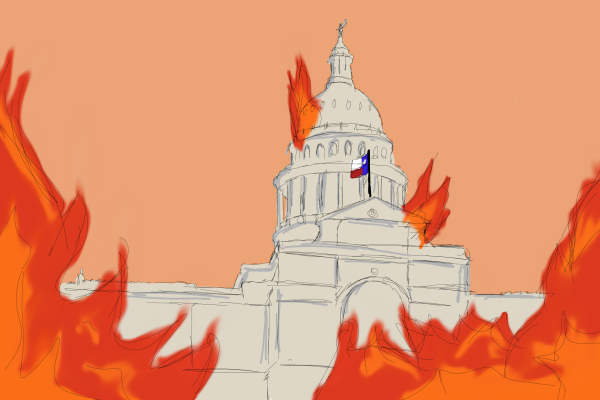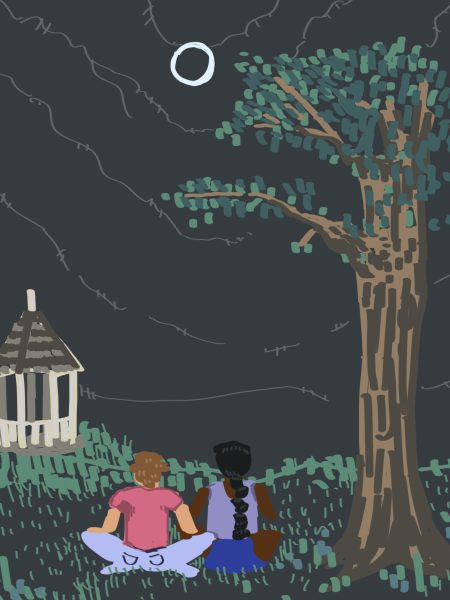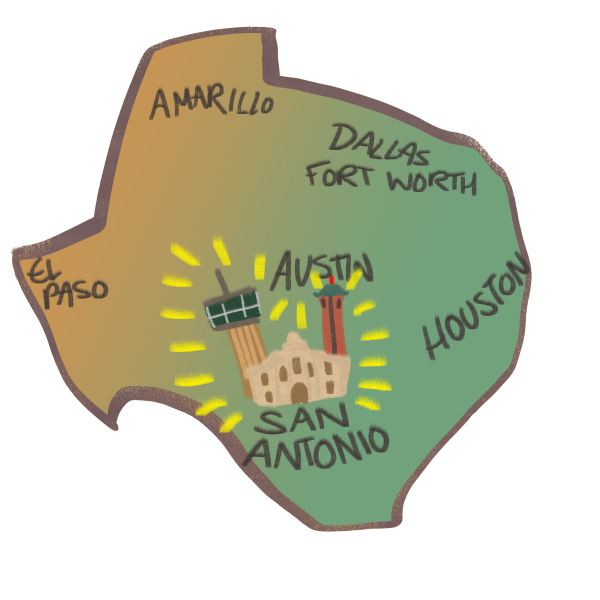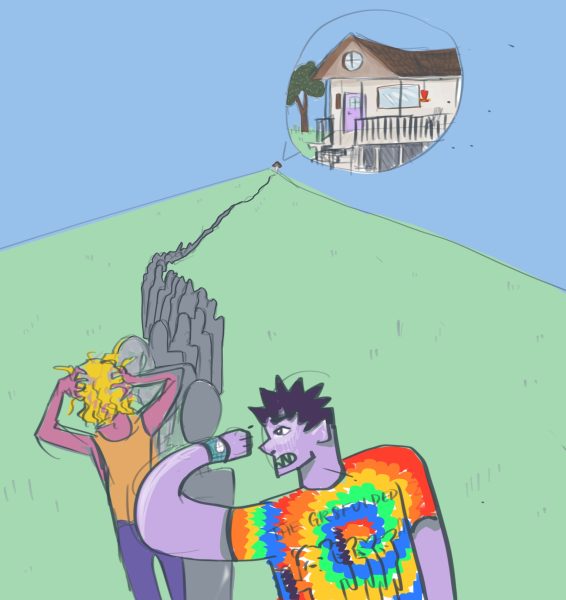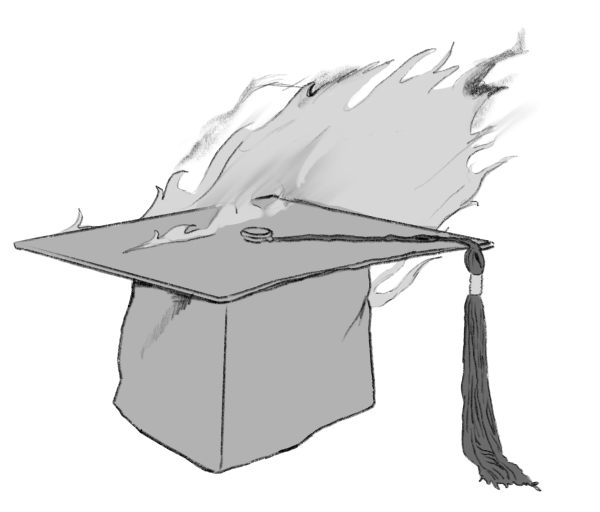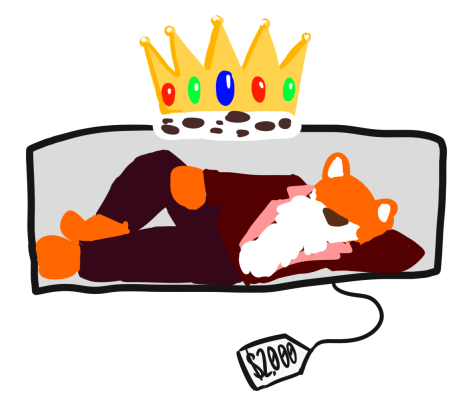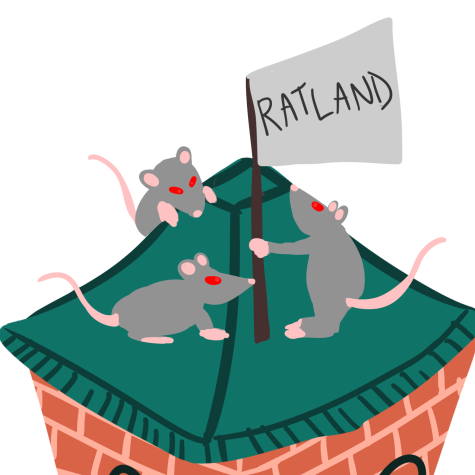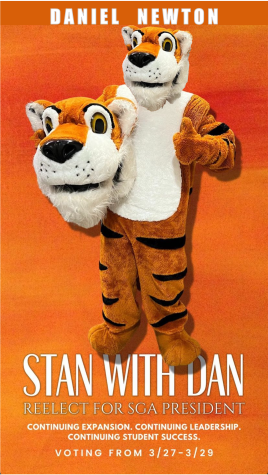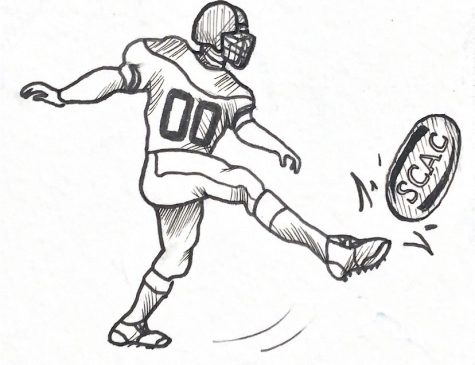Say our names right: Respecting the humanity of marginalized groups
Even in news media, the names of AAPI’s are often abridged or mispronounced
To hear your name repeated back to you, in its correct pronunciation, is one of the simplest yet most powerful forms of acknowledgment. It is an indication of effort on the speaker’s part to respect and recognize who you are.
In the wake of the tragedy of the Atlanta shootings on March 16, the Asian American women — whose lives were prematurely taken in a senseless act of violence — were not even afforded the basic dignity of being remembered in the media by their full names, much less their correct pronunciations. It may not have been intentional for many news outlets, but the lack of research and consultation with cultural leaders was seen throughout communities as deliberate. To remember these women, the extra step — to recognize them as human beings and acknowledge who they are, their culture included — is not such a difficult thing to ask.
About a month ago, Portland protesters standing in solidarity against the rise in AAPI hate rallied behind the phrase, “Learn our names.” This comes after major news networks such as the Washington Post released initial details of the Atlanta spa shooting victims with abridged names in print, later amending their publication after facing public scrutiny. The names of the victims were shortened according to American naming customs — this being the common practice of including first name, middle initial and last name.
It is altogether understandable how this happened, but the “why” should be of concern to us all. Arguably, it has become second nature for the majority, if not all, of the American public to acknowledge a name or a culture so long as it requires little effort on our part. I have seen it, and I have experienced it.
In my own story, I did not realize how I unconsciously did this when I first came to the States. I have learned to reduce my name to just two names even though my actual name is four. In some cases, when people struggle to remember my name or can’t manage to say it correctly, I give them an English name. It is sad to always have to correct it from time to time. Mai and May or any similar word are the same, no? But imagine having to constantly do this. That being the case, I don’t know how many times I’ve heard classmates and close friends of mine forego their given name and adopt a new one for the sake of everyone around them.
I don’t always like the fact that my name comes with complications, but if I were to choose, I would like to say my name in full and not Americanize it. Names are sacred, and they should be treated as such. Taking the time and making an effort to learn how other cultures name their children and pronounce their names is not one that American society and American media naturally acknowledges. It requires effort, but it is a necessary undertaking to address this microaggression that many cultural communities endure.
There is power in a name and speaking it. This is not a phenomenon that applies only to AAPI communities, but it has long since been a rallying point for so many other marginalized groups. The power behind speaking a name was emphasized by Kimberle Crenshaw in an effort to seek justice by speaking the names of the women and girls who have been victims of police brutality, whose stories remained buried by the media. The call to “say her name” and now “say their names” is a cry to continue seeking justice for those who have been altogether slighted by the justice system.
As a member of the AAPI community, I stand in solidarity with the African American community, advocating for individuals like Breonna Taylor, George Floyd, Elijah McClain and Ahmaud Arbery, among many others whose names should be spoken. The movements to Stop AAPI Hate and to emphasize that Black Lives Matter are not dissimilar in their emphasis that names hold power. Speaking a name becomes an opportunity to bring attention to issues that need to be addressed.
It is not the same as the barista getting your name wrong at Starbucks. For these marginalized communities, it is a matter of finally being acknowledged and embraced by the world around them. For the privileged, who cannot know the depth of this wound, it is our collective responsibility to acknowledge our past complicity and to do something about it. The resources are out there and in a time when the world is at our fingertips, it simply cannot be too much of an ask.
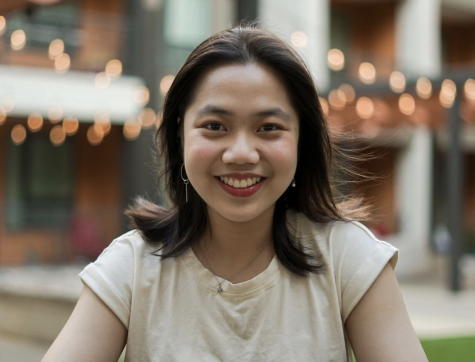
I am a native of Hanoi, Vietnam, and spent part of my childhood in Bangladesh and Cambodia. I am a senior majoring in Piano Performance and Communication,...
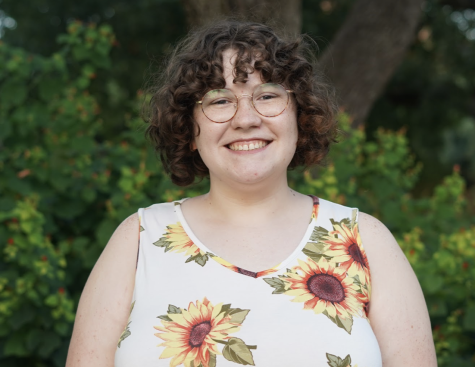
I'm a senior Computer Science major and a Classical Studies minor from Newton, North Carolina with a passion for art. I also work at the Center for Experiential...

